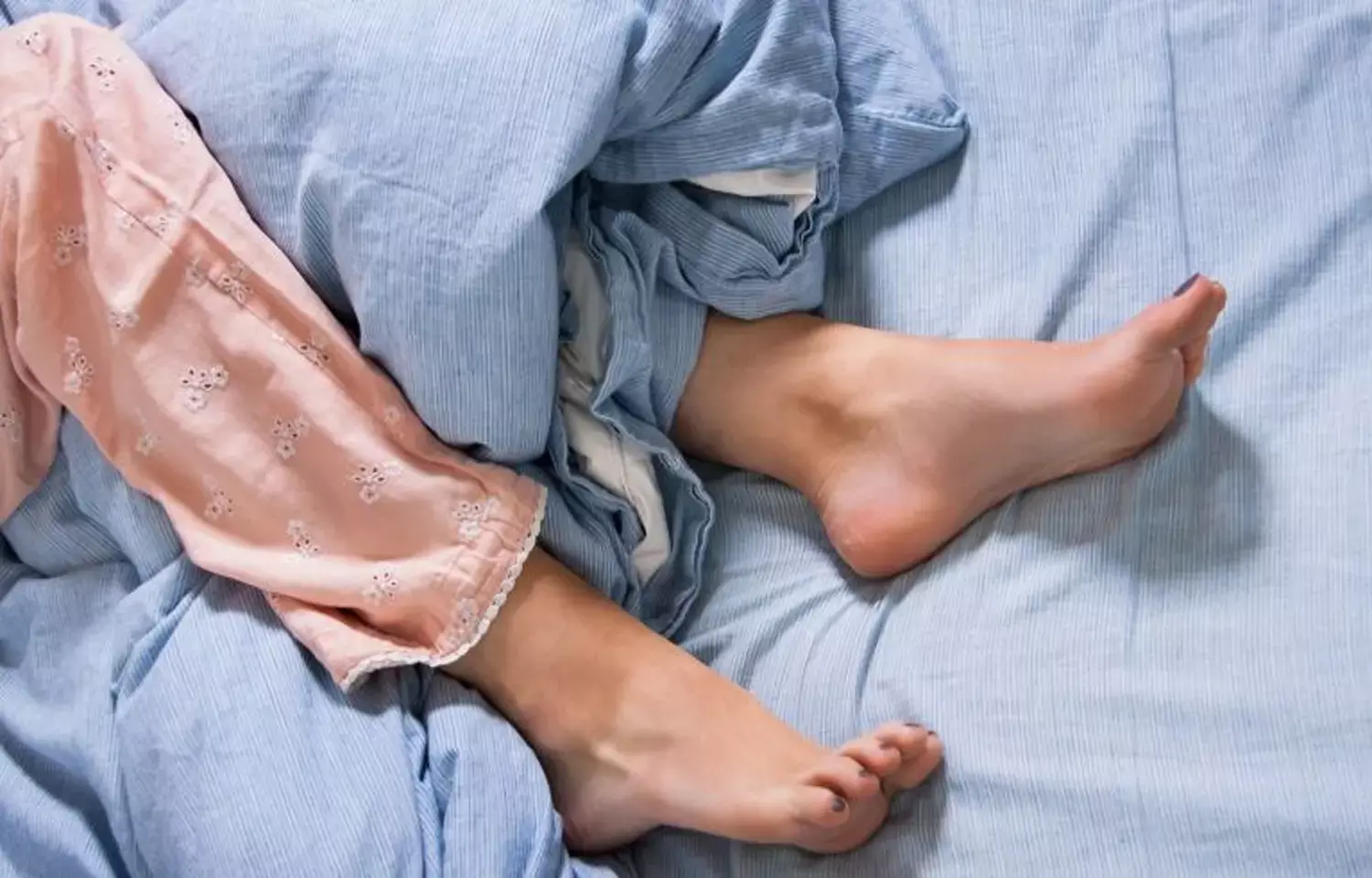- Home
- Medical news & Guidelines
- Anesthesiology
- Cardiology and CTVS
- Critical Care
- Dentistry
- Dermatology
- Diabetes and Endocrinology
- ENT
- Gastroenterology
- Medicine
- Nephrology
- Neurology
- Obstretics-Gynaecology
- Oncology
- Ophthalmology
- Orthopaedics
- Pediatrics-Neonatology
- Psychiatry
- Pulmonology
- Radiology
- Surgery
- Urology
- Laboratory Medicine
- Diet
- Nursing
- Paramedical
- Physiotherapy
- Health news
- Fact Check
- Bone Health Fact Check
- Brain Health Fact Check
- Cancer Related Fact Check
- Child Care Fact Check
- Dental and oral health fact check
- Diabetes and metabolic health fact check
- Diet and Nutrition Fact Check
- Eye and ENT Care Fact Check
- Fitness fact check
- Gut health fact check
- Heart health fact check
- Kidney health fact check
- Medical education fact check
- Men's health fact check
- Respiratory fact check
- Skin and hair care fact check
- Vaccine and Immunization fact check
- Women's health fact check
- AYUSH
- State News
- Andaman and Nicobar Islands
- Andhra Pradesh
- Arunachal Pradesh
- Assam
- Bihar
- Chandigarh
- Chattisgarh
- Dadra and Nagar Haveli
- Daman and Diu
- Delhi
- Goa
- Gujarat
- Haryana
- Himachal Pradesh
- Jammu & Kashmir
- Jharkhand
- Karnataka
- Kerala
- Ladakh
- Lakshadweep
- Madhya Pradesh
- Maharashtra
- Manipur
- Meghalaya
- Mizoram
- Nagaland
- Odisha
- Puducherry
- Punjab
- Rajasthan
- Sikkim
- Tamil Nadu
- Telangana
- Tripura
- Uttar Pradesh
- Uttrakhand
- West Bengal
- Medical Education
- Industry
Dipyridamole, a potential therapeutic option for restless legs syndrome: Study

Spain: Dipyridamole is an effective and well-tolerated treatment option for restless legs syndrome (RLS), suggests a recent study published in the journal Movement Disorders.
The study found dipyridamole to have significant therapeutic effects on both sensory and motor symptoms of RLS and on sleep. The findings confirm dipyridamole's efficacy in RLS predicted from preclinical studies and support a key role of adenosine in restless legs syndrome.
There is a need for new pharmacological targets for restless legs syndrome. Preclinical data have suggested an important pathogenetic role of the hypoadenosinergic state. Diego Garcia-Borreguero, Sleep Research Institute, Madrid, Spain, and colleagues aimed to determine whether inhibitors of equilibrative nucleoside transporters, for example, dipyridamole, could provide effective symptomatic treatment.
For this purpose, the researchers conducted a 2-week double-blind, placebo-controlled crossover study in which they assessed the efficacy of dipyridamole (possible up-titration to 300 mg) in untreated patients with idiopathic RLS. After each treatment phase, multiple suggested immobilization tests and polysomnography were performed.
Severity was assessed weekly using the International Restless Legs Rating Scale, Clinical Global Impression, and the Medical Outcomes Study Sleep Scale. The primary endpoint was a therapeutic response.
Twenty-eight of 29 patients recruited were included.
Based on the study, the researchers found the following:
- International Restless Legs Rating Scale scores improved from a mean ± standard deviation of 24.1 ± 3.1 at baseline to 11.1 ± 2.3 at the end of week 2, versus 23.7 ± 3.4 to 18.7 ± 3.2 under placebo.
- Clinical Global Impression, Medical Outcomes Study Sleep, and Multiple Suggested Immobilization Test scores all improved.
- The mean effective dose of dipyridamole was 217.8 ± 33.1 mg/d.
- Sleep variables improved.
- The mean periodic leg movement index at the end of treatment with dipyridamole was 8.2 ± 3.5 versus. 28.1 ± 6.7 under placebo.
- Side effects (dipyridamole vs placebo) included abdominal distension (18% vs. 7%), dizziness (10.7% vs 7.1%), diarrhea, and asthenia (each 7.1% vs 3.6%).
Reference:
The study titled, "A Randomized, Placebo-Controlled Crossover Study with Dipyridamole for Restless Legs Syndrome," is published in the journal Movement Disorders.
DOI: https://movementdisorders.onlinelibrary.wiley.com/doi/10.1002/mds.28668
Dr Kamal Kant Kohli-MBBS, DTCD- a chest specialist with more than 30 years of practice and a flair for writing clinical articles, Dr Kamal Kant Kohli joined Medical Dialogues as a Chief Editor of Medical News. Besides writing articles, as an editor, he proofreads and verifies all the medical content published on Medical Dialogues including those coming from journals, studies,medical conferences,guidelines etc. Email: drkohli@medicaldialogues.in. Contact no. 011-43720751


